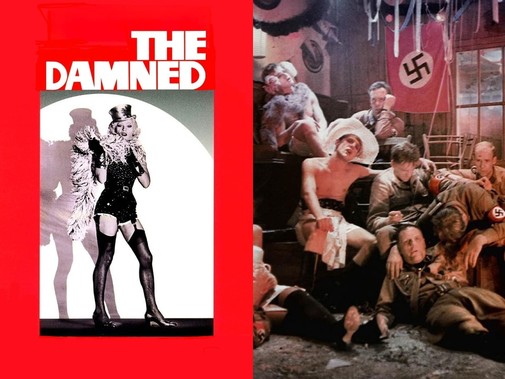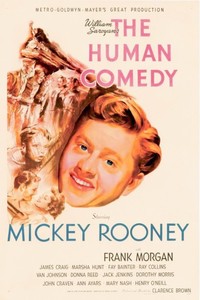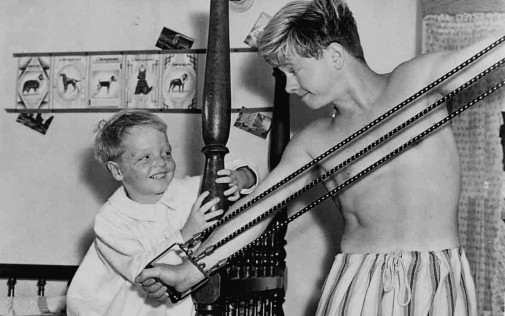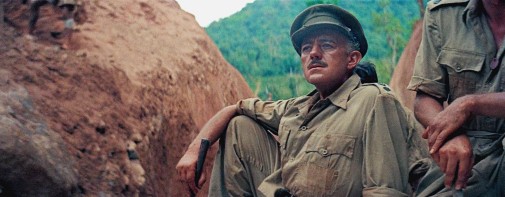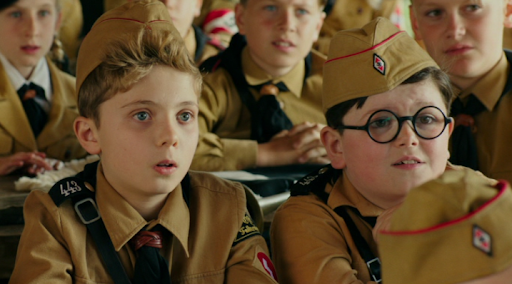How Had I Never Seen... "The Wind Rises"?
 Tuesday, July 18, 2023 at 12:00PM
Tuesday, July 18, 2023 at 12:00PM 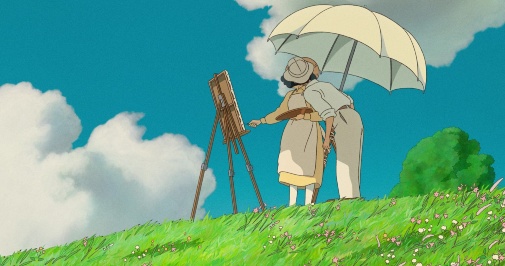
Hayao Miyazaki has been announcing his retirement for over a quarter century, each new project since Princess Mononoke received like a potential swan song. Such is the case of his latest flick, the enigmatic How Do You Live?, retitled The Boy and the Heron for the Anglophone market. After a lead-up to release that saw no promo beyond the poster, the film was finally seen by the Japanese public, enjoying its big opening last week. And yet, few folks are keen on sharing details about the animated project, including the narrative's basic premise. While the rest of the world waits for an opportunity to glimpse Miyazaki's latest "last" picture, it's an excellent time to watch the not-so-final career-capper that came before, which, to my great shame, I had never seen.
This July, The Wind Rises celebrates its 10th anniversary, something worth celebrating as we prepare to see another auteur's exploration of an inventor whose efforts resulted in mass death during WWII. Not that Miyazaki's biopic of engineer Jiro Horikoshi, whose fighter designs defined Japanese air force in the 30s and 40s, is attempting the same IMAX-sized scale as Nolan's Oppenheimer…



